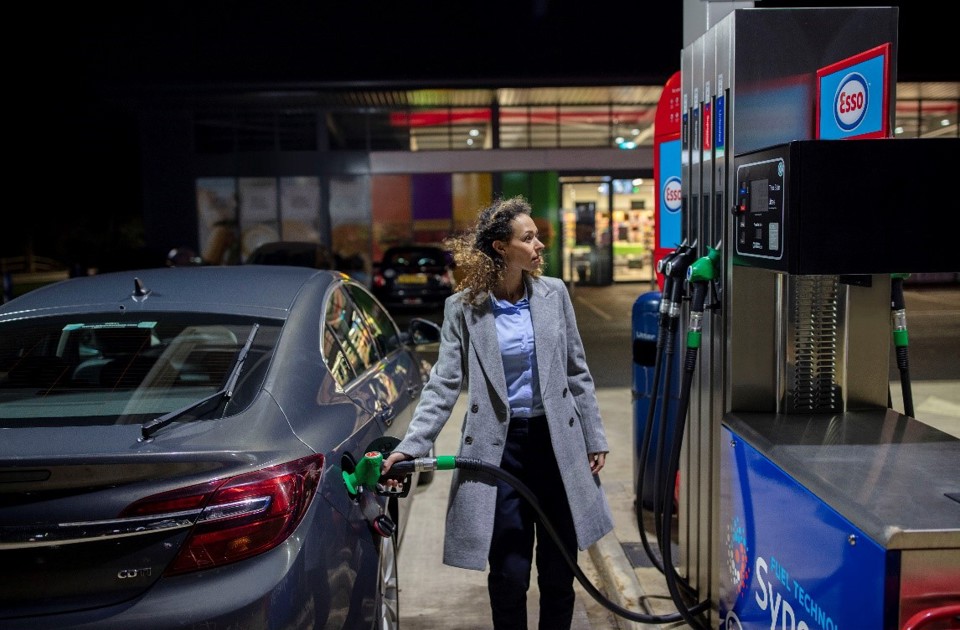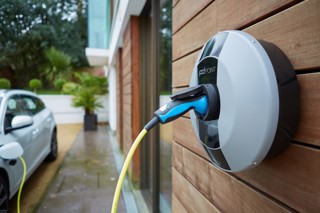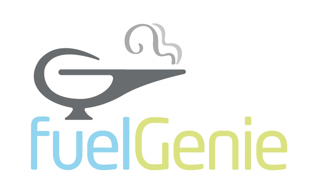WEX has been accepted onto the UK’s Crown Commercial Service (CCS) framework for the first time.
The inclusion on the CCS RM6186 (Fuel Cards and Associated Services VI) framework means WEX’s Esso Card - which allows payment for fuel at Esso, Shell and BP branded service stations - is now available to the public sector organisations that fall under the framework.
Additionally, a supplementary card is also available which offers access to more fuel stations including Texaco and Jet as well as supermarket fuel stations, like Morrisons, Tesco and Sainsburys.
It means that combined WEX offering provides access to more than 6,300 branded fuel stations across the UK.
Eamonn Tierney, managing director of WEX in Europe, said: “This is a significant moment for our business to engage in this sector and one that is integral to our growth strategy.
“Bringing this offering to the public sector will place WEX alongside some of the biggest businesses in the UK, to bring a best-in-industry offering to people within national and local government and the nation’s critical emergency services. They can expect a lot from us moving forward.”
Aaron Townson, business development manager at WEX, who worked on WEX’s application to be named as a supplier on Crown Commercial Service’s Fuel Cards and Associated Services VI framework, added: “We are looking forward to cementing our public sector expertise from across Europe adjacent to our private sector fuel services where we have managed some of the largest fleet organisations in Europe, from the U.K.
“We offer a highly competitive product - one that meets the needs of UK organisations. Our aim is to simplify the process of running a business and there are a great many exciting developments on the horizon.”
The CCS supports the public sector to achieve maximum commercial value when procuring common goods and services.
In 2020/21, the CCS helped the public sector to achieve commercial benefits equal to £2.04 billion - supporting world-class public services that offer the best value for taxpayers.
It also increases savings for taxpayers by centralising buying requirements for common goods and services and bringing together smaller projects.
























Login to comment
Comments
No comments have been made yet.